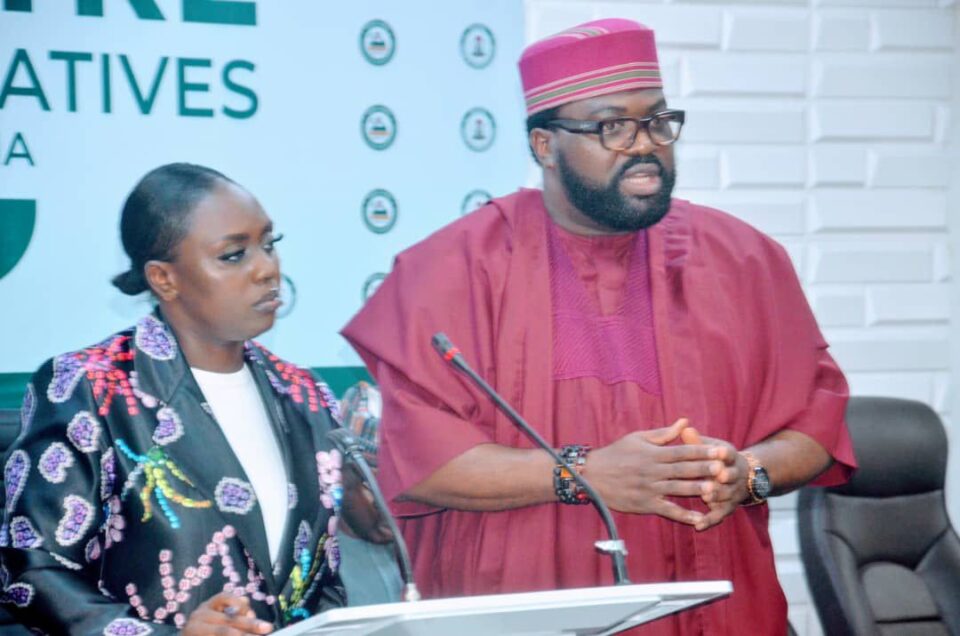By Mercy Aikoye
The House of Representatives has taken a significant step towards expanding Nigeria’s democratic space by introducing a bill that allows for independent candidacy in elections. Sponsored by Akin Rotimi, the spokesperson for the House and chairman of the House Committee on Media and Public Affairs, the bill aims to encourage inclusion and broaden the democratic process.
This proposed legislation seeks to amend Section 7 of the Principal Act, allowing individuals eligible to vote or contest elections to run for local government offices without being sponsored by a political party. To contest, independent candidates must obtain verified signatures from at least 10% of registered voters from two-thirds of electoral wards or polling units.
The bill also proposes amendments to Section 65, setting educational requirements for independent candidates. They must have at least a School Certificate or equivalent and obtain verified signatures from 10% of registered voters in their Senatorial District or Federal Constituency.
Akin Rotimi emphasized that this bill will empower citizens unaffiliated with any political party to run for public offices. Executive Director of ElectHer, Ibijoke Faborode, echoed this sentiment, stating that the bill democratizes the political space and provides a level playing field for vulnerable populations such as women, youth, and persons with disabilities.
The bill’s progression is part of the ongoing constitution review. It has been read for the first time at plenary and is expected to undergo a second reading soon.
If passed, this legislation would be a significant milestone in Nigeria’s electoral reform. It would allow independent candidates to participate in presidential, governorship, National Assembly, state houses of assembly, and local government council elections.
Nigeria has previously attempted to introduce independent candidacy. In 2018, President Muhammadu Buhari signed a bill amending the 1999 Constitution, which lowered the minimum age requirements for elected offices and allowed independent candidates ¹. However, the implementation of independent candidacy has been pending.
The success of this bill hinges on its passage through the legislative process and eventual assent by the President. If successful, it would mark a significant shift in Nigeria’s electoral landscape, promoting diversity and representation.


